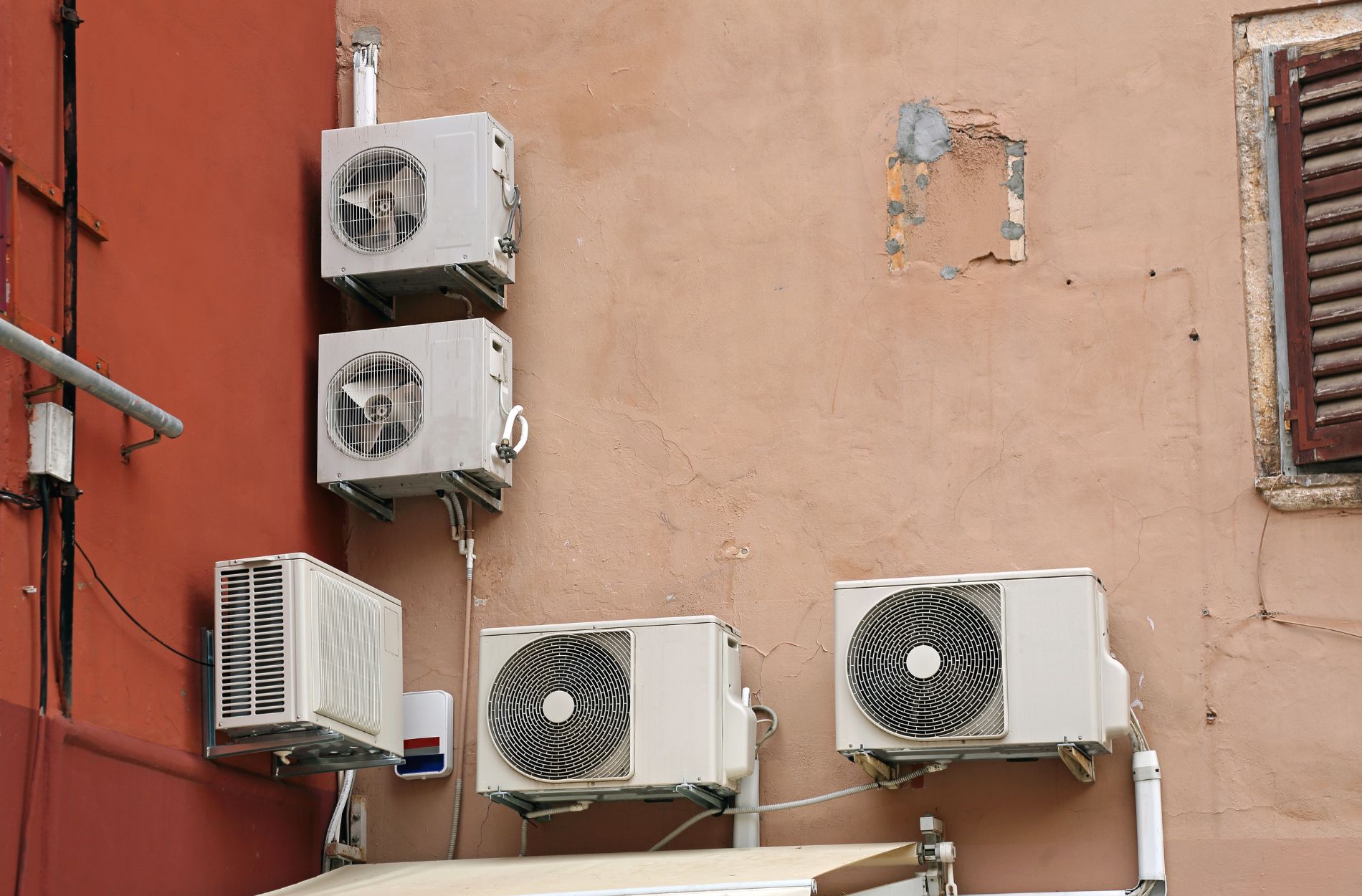HEPA vs. MERV Filters: Which is Best for Your Indoor Air Quality?

Indoor air quality plays a crucial role in our overall well-being, and one of the key elements in maintaining clean air is the use of effective air filters. In this blog post, we'll compare HEPA (High-Efficiency Particulate Air) and MERV (Minimum Efficiency Reporting Value) filters to help you make an informed decision about which is best suited for your home.
Understanding HEPA Filters
These filters operate by trapping particles as air passes through a dense mesh of fibers. With a high capture rate, HEPA filters are particularly effective against allergens, dust, and other fine particles. HEPA filters are renowned for their exceptional particle removal efficiency.
Understanding MERV Filters
MERV filters, on the other hand, use a rating system to indicate their efficiency in trapping particles. The Minimum Efficiency Reporting Value ranges from 1 to 20, with higher values representing better filtration capabilities. MERV filters are commonly used in various HVAC systems and are effective against a range of particles, including pollen and pet dander.
Key Differences Between HEPA and MERV Filters
- Filtration efficiency: HEPA filters generally have a higher filtration efficiency compared to MERV filters, capturing a larger percentage of smaller particles.
- Particle size capture: HEPA filters excel at capturing extremely small particles, while MERV filters are effective for a broader range of particle sizes depending on their MERV rating.
- Airflow resistance: MERV filters may have lower airflow resistance, allowing for easier air circulation in HVAC systems. HEPA filters can sometimes impede airflow due to their dense structure.
- Cost: HEPA filters are often more expensive than MERV filters, and the ongoing cost of replacements should be considered in the decision-making process.
- Suitability for different environments: HEPA filters are commonly used in environments where ultra-clean air is crucial, such as hospitals and laboratories. MERV filters are more versatile and are suitable for residential and commercial settings.
So, Which is Better?
In the HEPA vs. MERV filters debate, the decision ultimately boils down to understanding your specific indoor air quality needs and preferences. HEPA filters stand out for their exceptional efficiency in capturing minute particles, making them ideal for environments where the utmost cleanliness is crucial. On the other hand, MERV filters offer a versatile solution for various settings, with their efficiency determined by the MERV rating.
As you continue on the path to cleaner indoor air, weigh the pros and cons, factor in your HVAC system's compatibility, and keep budget considerations in mind. Regardless of the filter type, regular maintenance is key to ensuring optimal performance and better air quality.
Whether you choose the meticulous particle-capturing capabilities of HEPA filters or the versatile efficiency of MERV filters, the goal remains the same: to create a healthier indoor environment. Ultimately, the best choice is the one that aligns with your unique circumstances and helps you breathe easier in your home.
Customer Testimonials
Our customers love our service and support.













